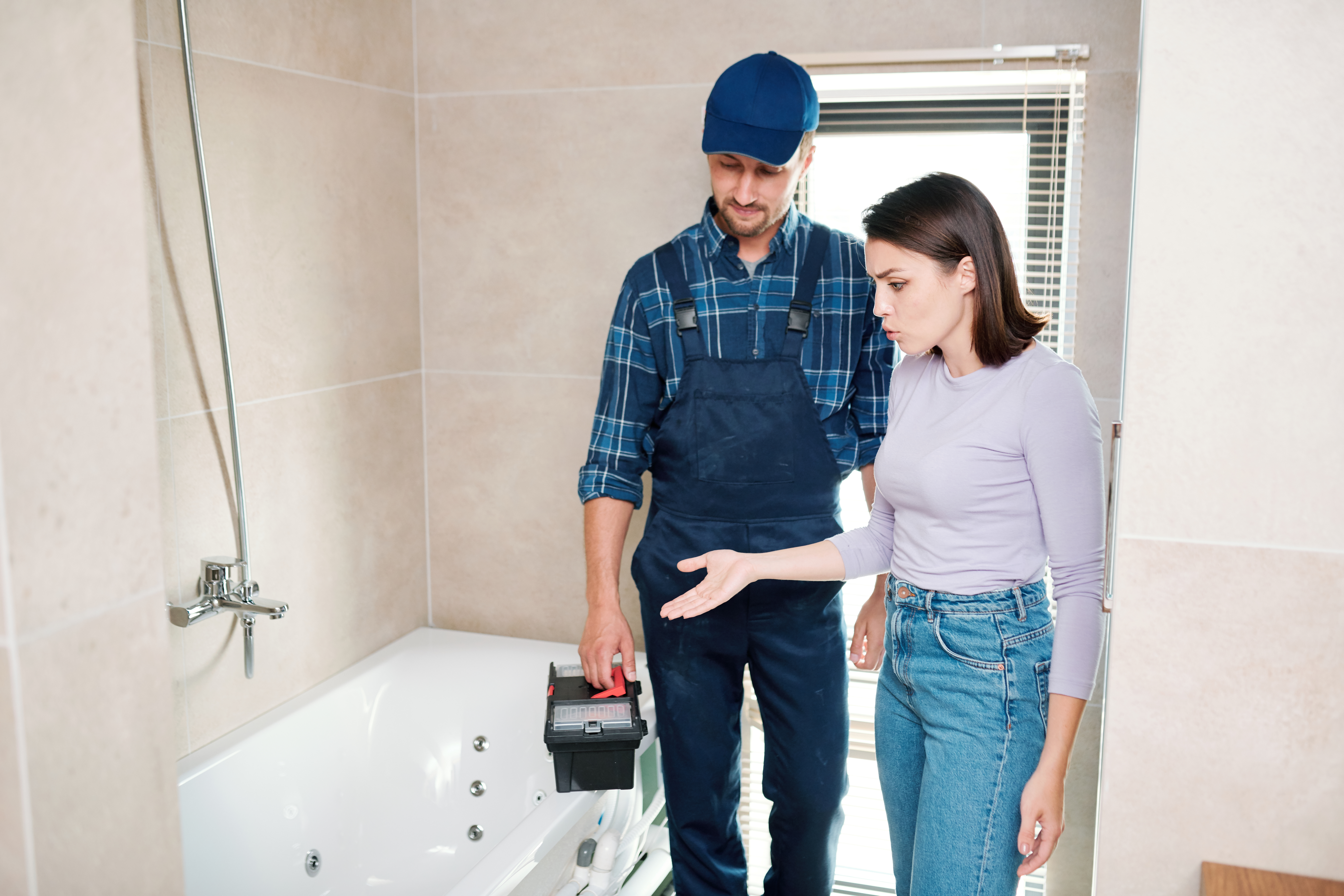It is possible to save money on plumbing by doing a little bit of work. Enjoy the convenience of plumbing and minimise the risk of unwelcome surprises. Below are some common plumbing tricks that will help you prevent major plumbing issues like leaks or foul odours, clogged pipes, and other unpleasant surprises. These plumbing problems warrant calling a professional plumber.
It can be difficult to determine what is happening with your pipes, especially if you don’t have much experience with them. These tips can help you prevent and deal with plumbing issues.
Avoiding a blockage
Check your pipes for any obstructions. Avoid a clog by running the dishwasher, flushing your toilets after each use, and leaving the water on when brushing your teeth.
Reading the water meter
It’s one of the most popular questions about plumbing. There are many ways to find out. The best method is to read the water meter’s display. The large sweep-hand dial measures the water consumed in cubic or gallon feet.
Preventing your pipes freezing
When the ground freezes, pipes need to be watched carefully. Water freezes and expands which can cause your pipes to burst. To prevent your pipes from bursting, drain your water supply.
What is not to flush down the bathroom
There are many everyday items that you should never flush down the toilet. If you do, it could cause clogging. Here is a list to avoid in your bathroom:
- Baby Wipes – People often throw these wipes down the toilet. But unlike toilet paper and wipes that decompose quickly, these wipes can cause frequent clogs.
- Menstrual products, and diapers: Diapers are excellent water absorbers. They will expand once flushed.
- Condoms: Condoms do not break down in the water and will interrupt the drainage of the pipes.
- Pills and vaccinations: Both medications can react with water and cause harmful effects on the environment.
- Cigarette Butts: This is made with toxic chemicals, which can lead to pipe damage.
- Hair: Hair can get caught in pipes and cause blockages.
- Chewing gums These gums can lead to clogging and increased risk of clogs.
What should I flush down the toilet
It is recommended to flush only human wastes and toilet paper in the bathroom. It will prevent the toilet from clogging and will prolong its life.
Getting rid odours about the home
As sewage releases toxic gases after it has decomposed, this is the main reason for foul odours. This unpleasant odour gets trapped in drains and creates an unbearable smell. What can be done to stop the unpleasant smell in your home? First, pour boiling water in the drain to remove the unpleasant odour. Then, vinegar and baking soda can be used to eliminate the drain smell. You can then pour a small amount of baking soda into the drain, then, slowly add vinegar to the drain. Keep doing this until the drain appears clean and smells new.
Preventing mould growth in your home
The presence of mould and mildew near drains is a sign that moisture is present. Leakage in the drain pipes is the most common cause for these smells. Controlling indoor humidity will be the best way to get rid of mould and mildew. When possible, improve ventilation. Also, you can clean visible mould and mildew as soon as they appear.
When Do You Need a Professional Plumber?
It is important to contact a professional plumber when you have a plumbing emergency. Common examples are clogged toilets or sinks. This can create a foul-smelling or musty odour and flooding within your kitchen or bathroom. Also, a leaking water heater or faucet is a sign that you should contact a plumber. If you are having trouble with your toilet, or if there is no hot water coming out of the heater, it could be a plumbing emergency. Refusing to address these issues could result in high utility bills. A licensed plumber will be able to fix or replace any garbage disposal issues, including slow draining, grinding noises or foul odours.
How to hire a good plumber
It’s best to hire a plumber that has the right experience and credentials. A licensed and insured plumber is a good choice. Plumbers can be hired from local agencies that have licenses and permits to work legally. Hire a local, family plumber that has a strong track. You can search locally or online to find one.
